Most homeowners don't think about the details of pool chemical testing when they dream of their new swimming pool. However, it's a critical aspect of maintaining a healthy swimming pool and regular testing isn't just highly recommended for swimmer safety - it's a must. Accurate analysis is the key to keeping your pool healthy and in good condition, and here’s what pool owners need to know.
The Importance of Pool Chemical Testing
Frequently testing your pool water is key to maintaining the correct chemical balance for a healthy and safe swimming pool. As long as you are regularly monitoring your chemical balance, you can ensure you are dosing different chemicals correctly to keep the water clean, sanitised and looking its very best.
If your pool water goes untested, it could disrupt the chemical balance, potentially leading to skin issues, eye irritation, respiratory issues, pool corrosion and increase the risk of waterborne illnesses such as Legionnaires' Disease. Beyond the health risks, imbalanced water can also damage your pool equipment. For example, calcium hardness alters chemistry and can lead to scale build-up which can disrupt the efficiency of jets, pumps, filters and heaters.
There are also water changes to be mindful of when the seasons change or in adverse weather conditions. It can adjust the alkalinity of the water, which throws off the rest of the balance.
The benefits of water testing include protecting swimmer health, maintaining water quality, improving chemical efficiency and extending equipment longevity. Swimmers can also have an effect on pool water chemistry with sweat, sunscreen, and even urine contributing to chemical imbalances. With those contaminants in the water, it doesn't take long for pool water to be a breeding ground for bacteria and pathogens.
Regularly testing your pool water allows you to correct chlorine levels and ensure your pool is high-quality, safe, and comfortable for swimmers. Addressing your chemical imbalances can prevent unpleasant odours, skin issues, eye irritation and cloudy water. Likewise, proper testing will ensure that you're getting the most out of your pool chemicals. A chemical imbalance can damage your equipment, whether it's a pump, filter or heater, and ensuring your chemicals are perfectly balanced will extend equipment longevity.
Swimming Pool Water Testing: Tips for New Pool Owners
The changing of the seasons can wreak havoc on your pool's chemical balance, so it's essential to understand how weather - like intense heat or heavy rain - can impact the chemicals in your pool.
There's less chlorine demand in the cooler months when pool use typically decreases. However, regular testing is still required to ensure all chemicals are properly balanced, even with less pool activity.
Summer is when your pool sees all the action, and you should get into the habit of testing your pool several times a week to ensure the right balance. The heat can evaporate your chemicals, which is why many pool owners use a chlorine stabiliser (UV blocker) to protect chemicals from the sun.
Make a point of taking a water sample more regularly in intense heat and always test your pool after heavy storms or rains. The quicker you test (when it's safe to do so), the easier it is to avoid algae or bacterial growth.
Spa and pool ownership takes time, just like maintaining a home or garden, and even beginners need to understand the basics of testing pool water, balancing chemicals and keeping swimmers safe. The instructions for testing your pool will vary depending on the type of testing method you choose. If you need assistance, you can contact a pool maintenance company to service your pool, providing cleaning and testing. It takes the pressure off you and ensures peace of mind, or keep reading for a simple, fuss free pool test option

Test Strip, Test Kit or Pool Chemical Testing App
So, how do you carry out a test? There are test strips, test kits, and digital testers featuring pool chemical testing apps you can download.
For all testing methods, you're required to take a water sample from the correct area of the pool. It's not the deepest end or near the filters. A water sample should be taken from as close to the middle of the pool as possible, approximately 45 centimetres deep, and you should aim to take it from the same area every time you carry out testing, as this will ensure accuracy. Always use a fresh sample, otherwise your results may be inaccurate.
Testing kits and digital readers require advanced interpretation of the results and adequate cleaning after use. Using test strips allows for easy, fuss-free water testing and comparison against the manufacturer colour chart. However, innovations in AI driven apps such as Loopym take the guesswork out of maintaining your pool water balance. Simply scan the test strip using the app and receive an instant water analysis with tailored chemical recommendations - all from your smartphone at poolside.

Chemical Balance: Testing and Safety Tips
Keeping your pool water safe and balanced starts with proper chemical testing and handling. It's pretty straightforward, but it can be overlooked - particularly when it comes to safety practices. Here are a few tips to keep an eye on:
- Always read and follow the instructions provided by chemical manufacturers. Each pool product is designed for specific use, and handling it the wrong way can lead to accidents or inefficient results.
- Stock up on safety equipment and protective gear, including gloves and eye protection before working with pool chemicals.
- Don't mix your chemicals. This is extremely dangerous and can result in harmful reactions, including toxic fumes or explosions. Also, make sure you store them according to their instructions.
- For solid chemicals like calcium chloride or cyanuric acid, dissolve them in a bucket of pool water before adding them to the pool.
- The order in which you adjust pool chemicals also matters. Start by testing your water to identify imbalances, then look at parameters like pH, alkalinity, and chlorine levels one at a time.
- You should also give the chemicals enough time to distribute evenly throughout the water before you let anyone enter the water. Check product guidelines for specific wait times, as they can vary.
Loopm stocks a wide range of pool and spa chemicals, whether you're interested in a bottle of stain remover or a bag of mineral salt. We are here to provide you with the information to ensure you test and balance your pool water safely so you can enjoy your swimming pool all year round.

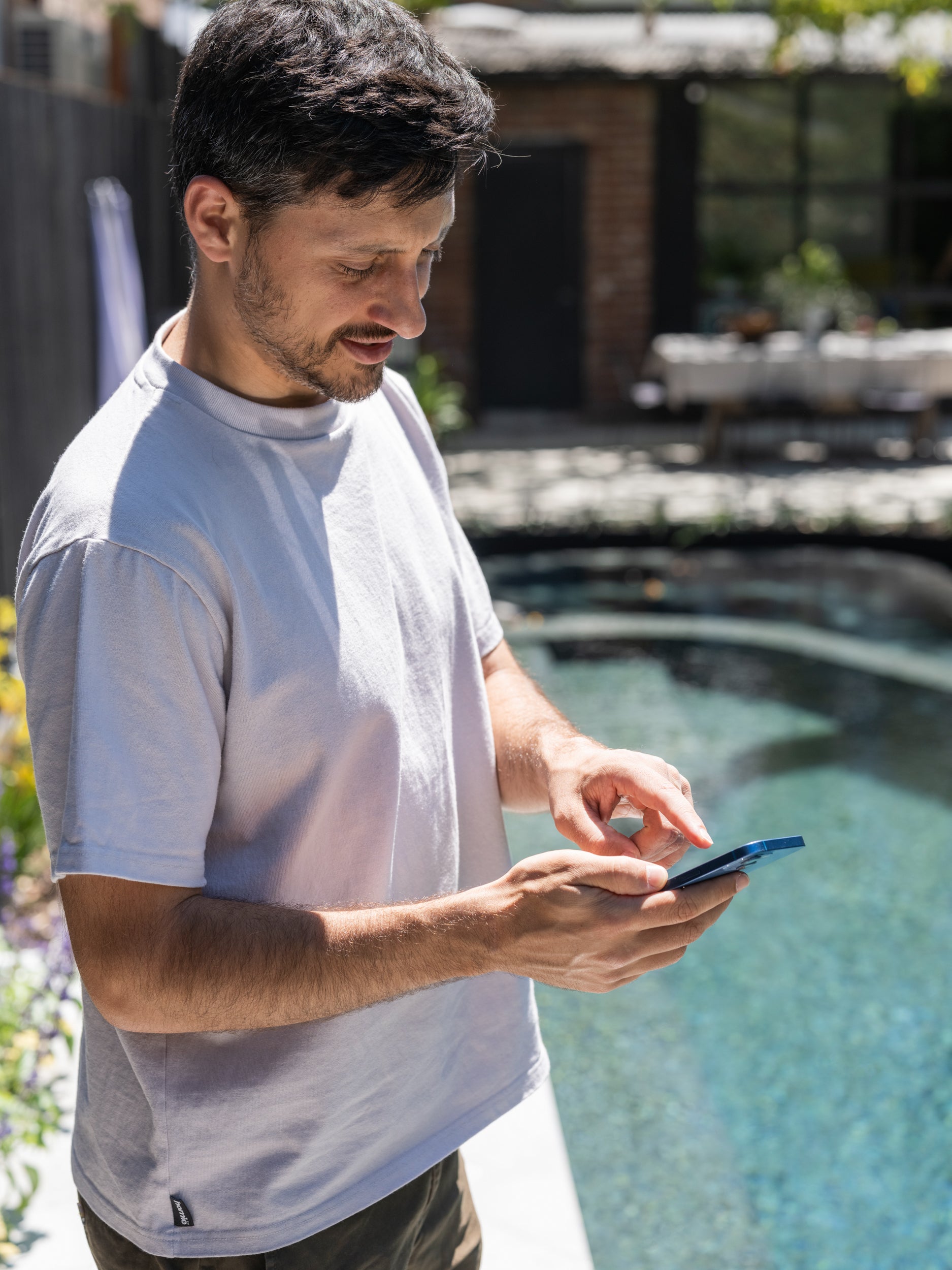
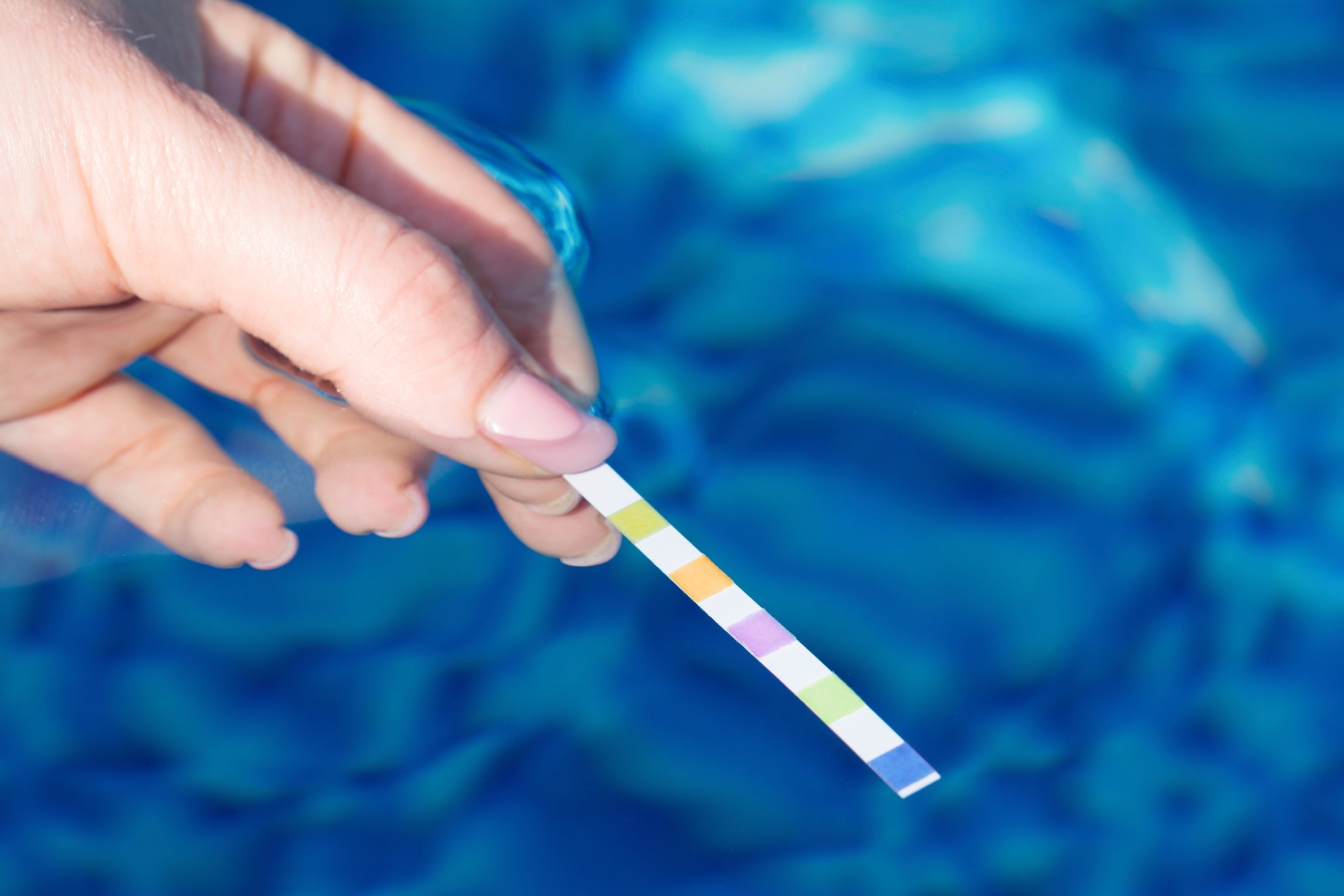

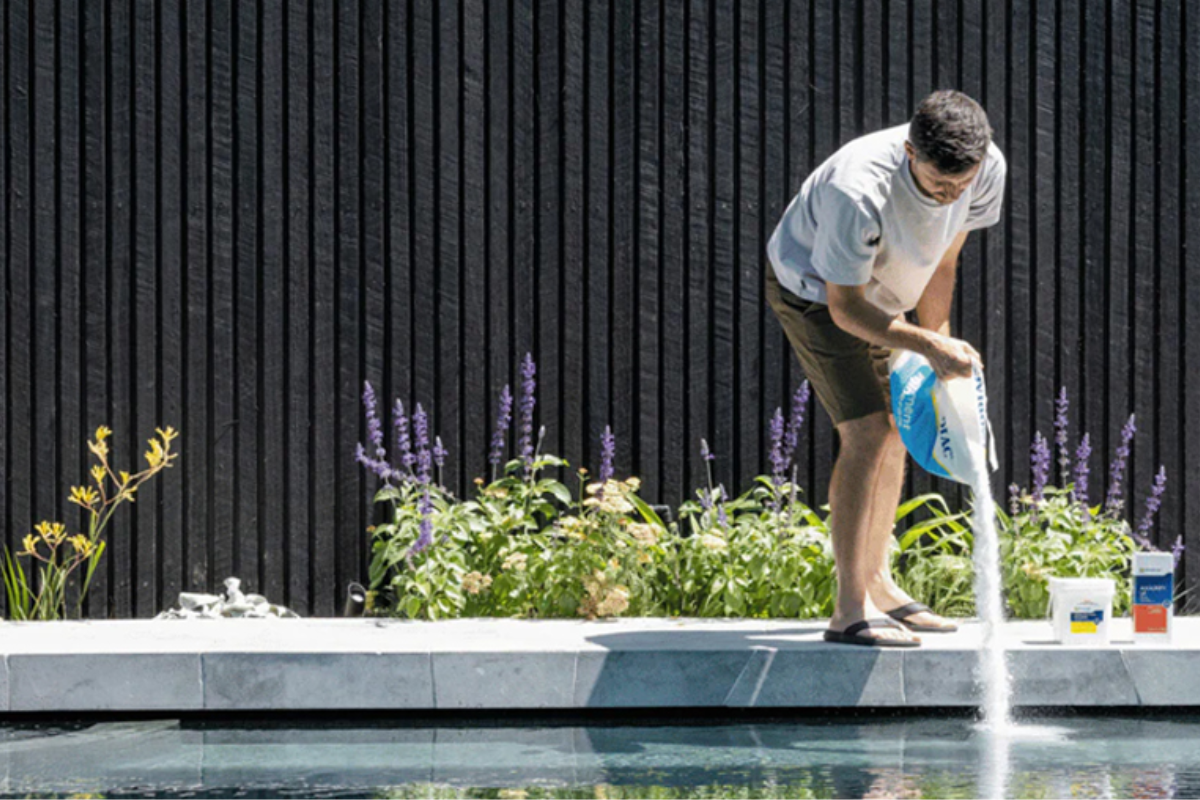
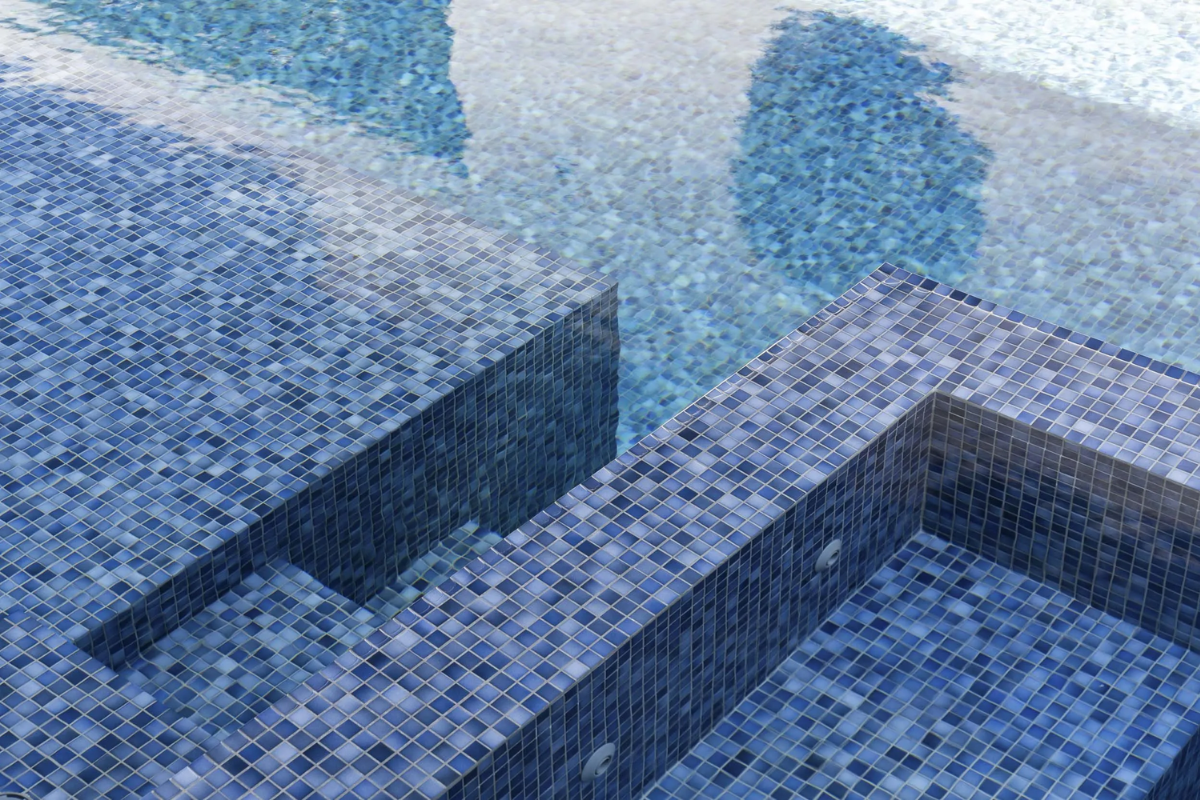
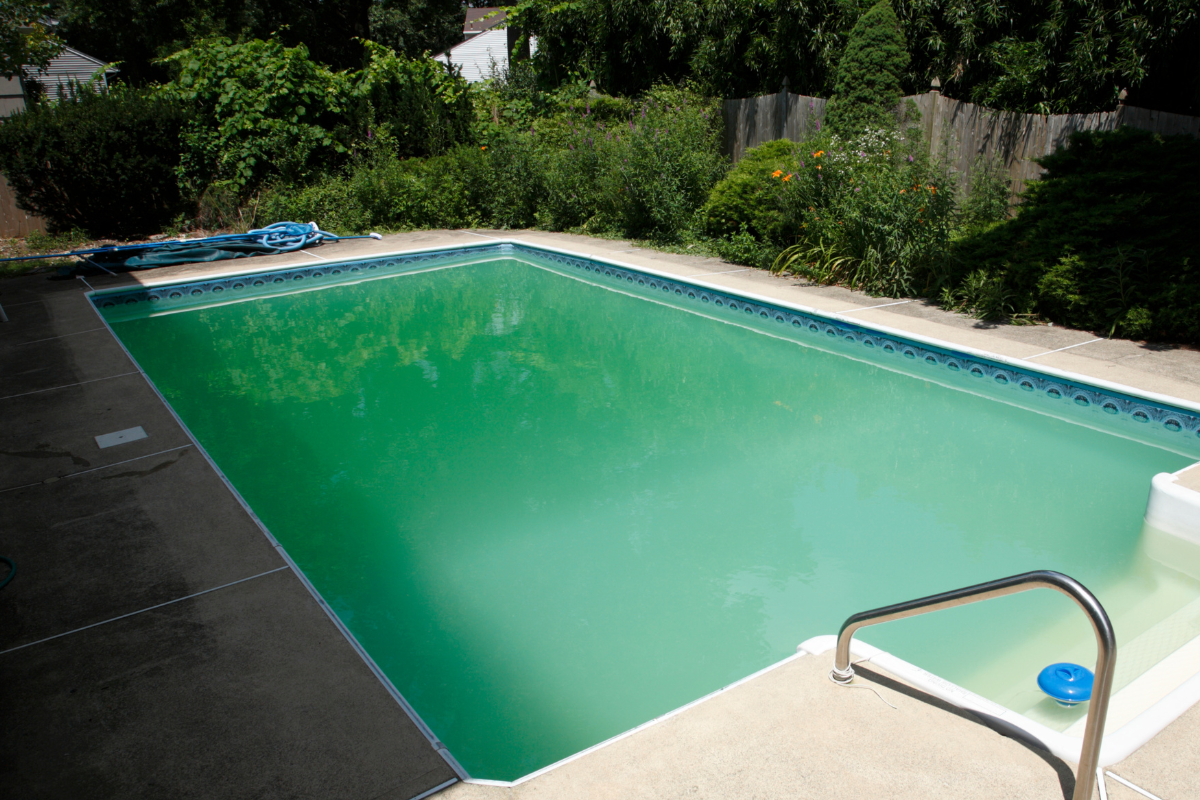
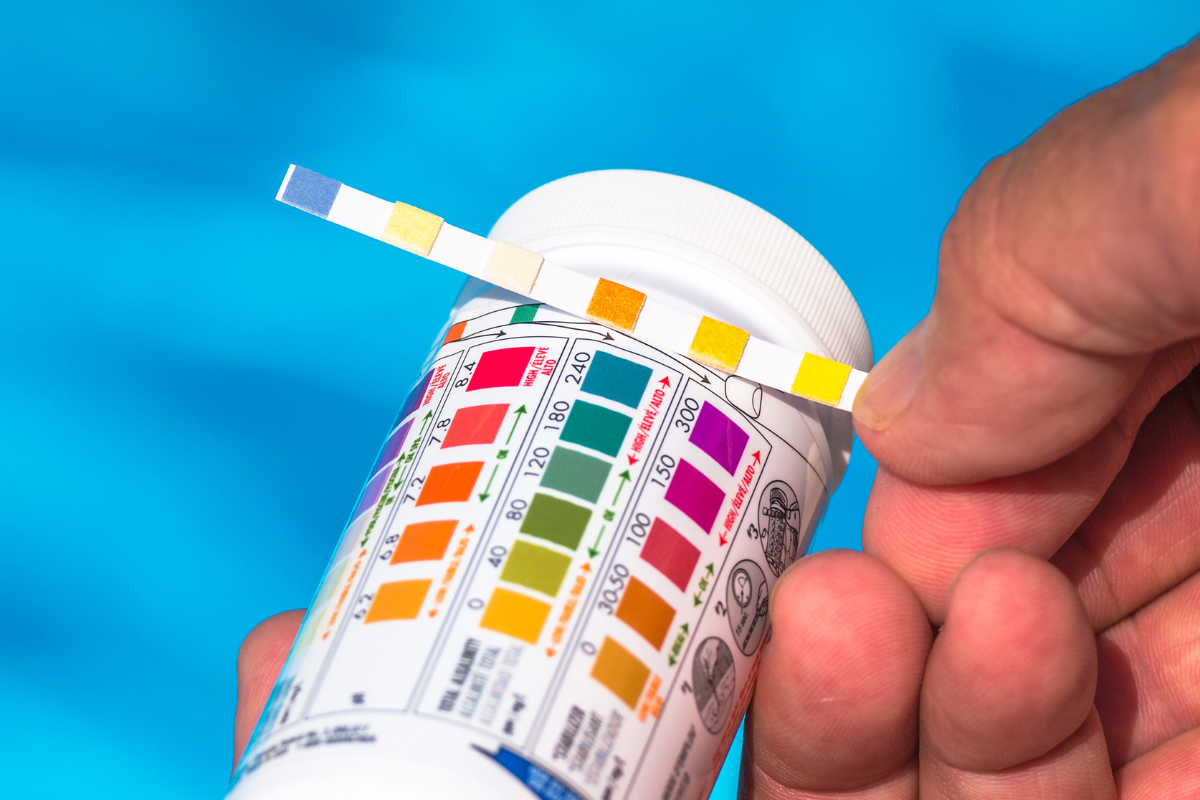
Share:
Pool Issues: How to Fix Chemical Imbalances?
How Often Should a Pool be Serviced?